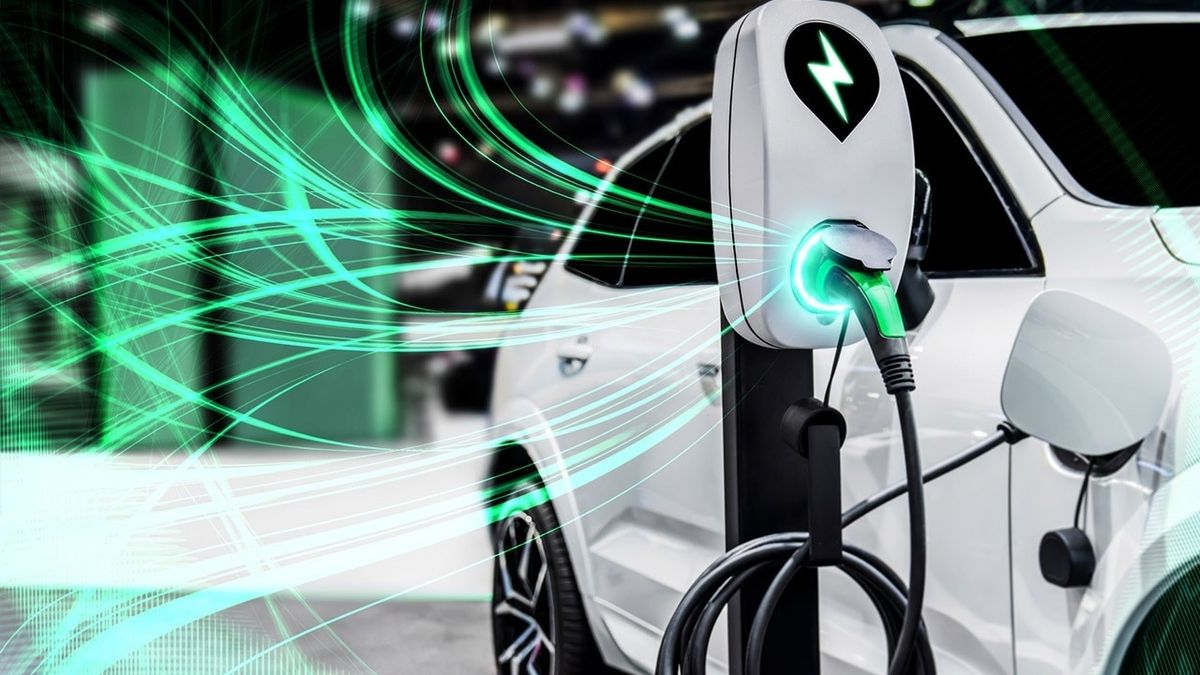Unlocking the Future of Fleet Management: How Hybrid and Plug-in V…

In the ever-evolving landscape of transportation, a recent study by Enterprise has illuminated a path towards a more sustainable and economically viable future. The focus? The electrification of fleet vehicles, particularly through the integration of hybrid electric vehicles (HEVs) and plug-in hybrid electric vehicles (PHEVs). As we stand on the cusp of 2024, the findings offer a compelling argument for the shift away from conventional combustion engines, underscoring the potential for significant reductions in carbon emissions and fuel consumption.
The Economic and Environmental Promise of Electrification
The study, conducted in 2021, revealed that among Enterprise’s fleet, 12,000 vehicles were ripe for electrification. The implications of this shift are staggering, with projections showing a potential saving of $33 million and a reduction of 194,000 tons of CO2 emissions over a mere four-year service life. This isn’t just a win for the environment; it’s a testament to the cost-effectiveness of embracing hybrid and plug-in hybrid technologies. The ambition doesn’t stop there, though. By 2025, Enterprise aims to electrify up to 42,000 vehicles, which could lead to savings of $167 million and slash CO2 emissions by 1.3 million tons. On average, this equates to a saving of about $4,000 per vehicle, a figure that compellingly argues for the adoption of HEVs and PHEVs on a grand scale.
Maximizing Benefits through Responsible Usage and Policy Support
However, the study emphasizes that realizing these benefits isn’t as simple as merely acquiring hybrid vehicles. The key to unlocking their full potential lies in regular charging, particularly for plug-in hybrids. Companies play a crucial role in promoting this responsible usage, ensuring that vehicles are charged as intended to maximize both environmental and financial benefits. Moreover, the narrative extends beyond corporate responsibility to the realms of policy-making. Incentives for actual electric usage, as opposed to mere possession of electrified vehicles, could spur a more profound shift towards sustainability. Such policies would not only validate the environmental credentials of HEVs and PHEVs but also make economic sense for businesses and individuals alike.
The Road Ahead: Navigating Challenges and Opportunities
Despite the clear benefits, the journey towards a fully electrified fleet is fraught with challenges. Infrastructure for charging, both in public spaces and within corporate premises, remains a significant hurdle. Additionally, the upfront costs of electrified vehicles can be a deterrent for some companies, despite the long-term savings. Yet, the opportunities outweigh the obstacles. The technological advancements in the field of hybrid and plug-in vehicles are making them increasingly accessible and efficient. Furthermore, as societal awareness and concern for environmental issues grow, companies that lead the way in fleet electrification not only contribute to a greener planet but also align themselves with the values of their customers and stakeholders.
As we move forward, the case for fleet vehicle electrification becomes increasingly persuasive. The study by Enterprise not only showcases the tangible benefits of adopting hybrid and plug-in hybrid technologies but also highlights the broader implications for our environment and economy. With the right mix of corporate initiative, policy support, and societal engagement, the electrification of fleet vehicles can be a pivotal step towards a more sustainable and prosperous future for all.

